
OR
Qatar crisis and Nepal
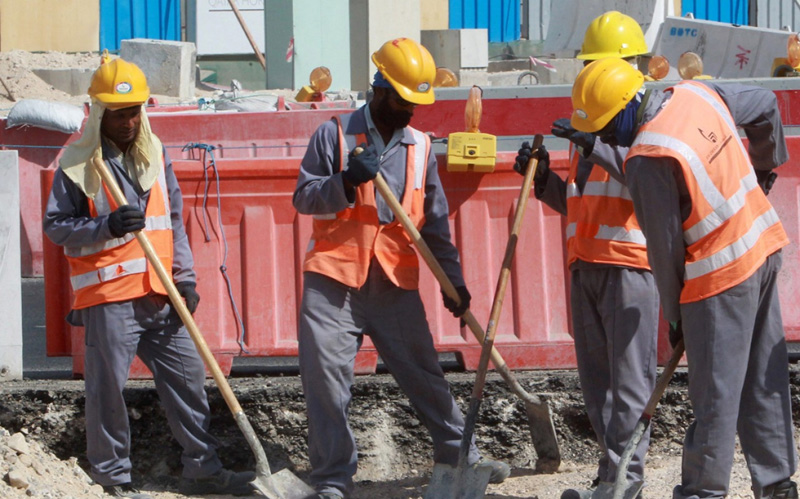
More from Author
If migrant workers lose their jobs, how will they repay their debt to recruiting agents? How will they even return home?
The big anxiety in Nepal from the Qatari crisis is the fear of sudden return home of Nepali workers and the ensuing loss to the national economy. Remittance is a major source of hard currency for the national economy, making up 25 percent of our GDP, surpassing incomes received from tourism and export trade. People across the length and breadth of Nepal depend on their family members sending remittances from the Gulf. Nepal is itself politically unstable, and the constitution is yet to be fully implemented. We are still uncertain of how to handle the new federal set-up and in the midst of this uncertainty and insecurity, if, say, 500,000 migrant workers suddenly return, there will be a major crisis as there will be few jobs on offer for them.
We also face a strategic quandary from this impasse. The Saudi alliance comprising Saudi Arabia, the UAE, Bahrain and Egypt severed diplomatic ties and transport links with Qatar on June 5, accusing their fellow Gulf Cooperation Council (GCC) member of supporting terrorism. The alliance has put forth 13 conditions before Qatar including shutting down the Al Jazeera television network, cutting off diplomatic ties with Iran, severing relations with the Muslim Brotherhood, etc. Saudi Prince Mohammed bin Salman, who has led the effort to isolate Qatar, was named heir to the throne of the Kingdom of Saudi Arabia a few days ago. In this situation, Nepal’s big dilemma is about choosing sides in the Gulf. The Maldives has already taken the side of the Saudi alliance but we must make sure that we don’t end up antagonizing Saudi Arabia, UAE or Qatar because we can’t afford to. All of them are important to us.
There is no proper statistics of how many Nepali are working in the area, but rough estimate crosses a million in just these three countries. In fact, in the UAE, the Emiratis constitute only 10 percent of the population, with the country having one of the highest percentages of immigrants in relation to its native population. Last year, we received Rs 76.54 billion in remittance from Qatar, Rs 62.79 billion from Saudi Arabia, Rs 17.34 billion from the UAE and Rs 7.77 billion from Bahrain. This is a huge figure and we cannot risk losing it by taking sides in an internal conflict among GCC member states.
However, we cannot just sit back and watch for wisdom to prevail. We must do proper homework. This is the worst time for disputes between the government, its various departments and the manpower agencies on issues such as free visa and free ticket schemes. Hiring of new workers has already plunged. Workers are reluctant to take out loans to go to the Middle East because of the overall atmosphere of uncertainty. Airlines are seeing empty seats. All this could result in an upsurge of cheap labor to other destinations such as Malaysia.
Qatari authorities have so far confidently batted aside economic impact of the move.
Nonetheless, our missions in the Gulf need to carefully watch, analyze and report back events there. A few days ago, our Minister of Labor and Employment had a meeting with the Ambassador of Qatar to Nepal. I hope that Ministry of Foreign Affairs was briefed by Ministry of Labor on the meeting. Inter-ministry coordination has always been poor in Nepal and there is this tendency to blame every problem in the international domain on MoFA.
For instance, the continuing ban of Nepali airlines from flying into the EU, largely owing to the failure of the CAAN to address air safety concerns, has also been blamed by some on inadequate lobbying by the foreign ministry. The blame for the deaths of 14 Nepali guards killed in a Kabul suicide attack last year also largely fell on the ministry and its poorly staffed mission in Islamabad. There is an overwhelming need for not just better coordination among line ministries but also clear direction from the Prime Minister to these ministries and missions to better harmonize their activities. Weak supervision, monitoring and evaluation, virtually no accountability and piecemeal crisis management result in haphazard decisions on cross-cutting issues.
There is no reason for panic but let us also not be overly optimistic. If this clash of egos in the Middle East drags on, local food price will increase. Migrant workers in Qatar are already complaining of higher prices for commodities like rice, tomatoes and onions as compared to before the crisis. The workforce therefore is nervous. If they lose their jobs, how will they repay their debt to recruiting agents? How will they even return home? In the long run, supply chain impact of trade restrictions will be felt in Qatar as half of its building material is imported.
The 2022 football world cup is important for its national pride and till now there is no sign of slowing down of construction of the eight stadiums for the mega-event. Khalifa International Stadium has recently opened, with other stadiums at different stages of construction. Nepalis are working in these stadiums in large numbers. As economic uncertainty grows, so will be the impact on the psychology of these workers. They are in the frontline of this crisis. However, Nepalis are also working as guards in royal palaces, airports and other vital installations in the Gulf. Therefore, I would say that Nepali workers will be among the last to be affected, in comparison to, say, the Filipinos.
This is a row between some of the world’s richest economies but let us also remember that this is one of the world’s most volatile regions. We may need to also coordinate with India, Bangladesh, Pakistan and Sri Lanka as they too have large number of workers in these Gulf countries. SAARC is the only organization that has all eight South Asian countries as members. It must thus be directed by member states for a more active role as a coordinating agency between various member states on how to handle this crisis.
Nepal has good relations with Sunni-majority countries primarily because of the large presence of our workers there. But with the Shia Iran our relation is limited, after the return home of our first and last Ambassador to Iran, Late Iswari Raj Pandey. Nepal closed its mission to Tehran after the Iranian revolution in 1979.
Foreign policy has not been a top priority of any of the recent governments in Nepal. Engrossed in day to day domestic problems, political leaders choose to ignore foreign affairs. This needs to be corrected at the earliest. Although precise prediction of how the Qatari crisis will evolve is difficult, we must not be foolish enough to underestimate the probability of prolonged uncertainty in the Gulf.
The author is Director of the Center for South Asian Studies, Kathmandu
(This article was based on the author’s conversation with Republica’s Biswas Baral)
You May Like This
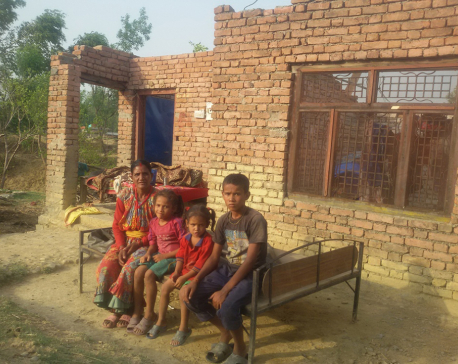
Children in storm-affected districts unable to go to school
DHANGADHI, June 16: It has been more than a week since Santoshi Dhami, a 10th grader at Sharada Secondary School, Jugeda, has... Read More...

Helicopters rescue Norway cruise ship passengers amid storm
HELSINKI, March 24: Rescue workers off Norway’s western coast rushed to evacuate 1,300 passengers and crew from a disabled cruise... Read More...

The perfect storm
Infertile land, difficult terrains, earthquake-prone, and frequent witness to floods and landslides: the odds are stacked against Sindhupalchowk district. So... Read More...
Just In
- Bus carrying wedding procession attendees meets with accident in Sindhupalchowk claiming three live
- CPN (Unified Socialist) to hold its Central Committee meeting on May 10-11
- Over 16,000 paragliding flights conducted in one year in Pokhara
- MoPIT prepares draft of National Road Safety Act, proposes rescue within an hour of an accident
- Light rainfall likely in hilly areas of Koshi, Bagmati, Gandaki and Karnali provinces
- Customs revenue collection surpasses target at Tatopani border, Falls behind at Rasuwagadhi border in Q3
- Rain shocks: On the monsoon in 2024
- Govt receives 1,658 proposals for startup loans; Minimum of 50 points required for eligibility













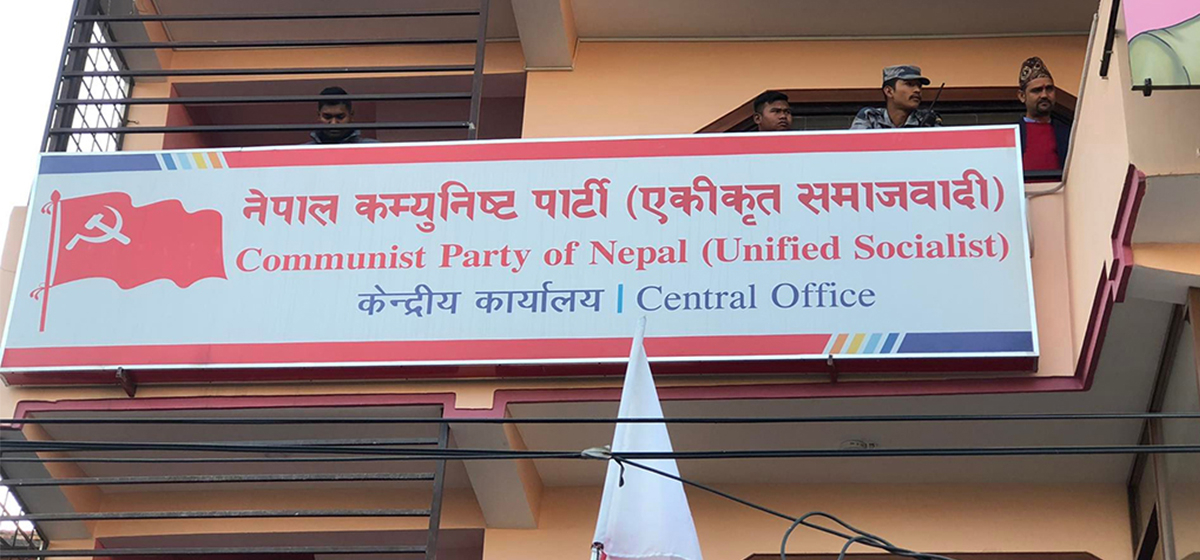
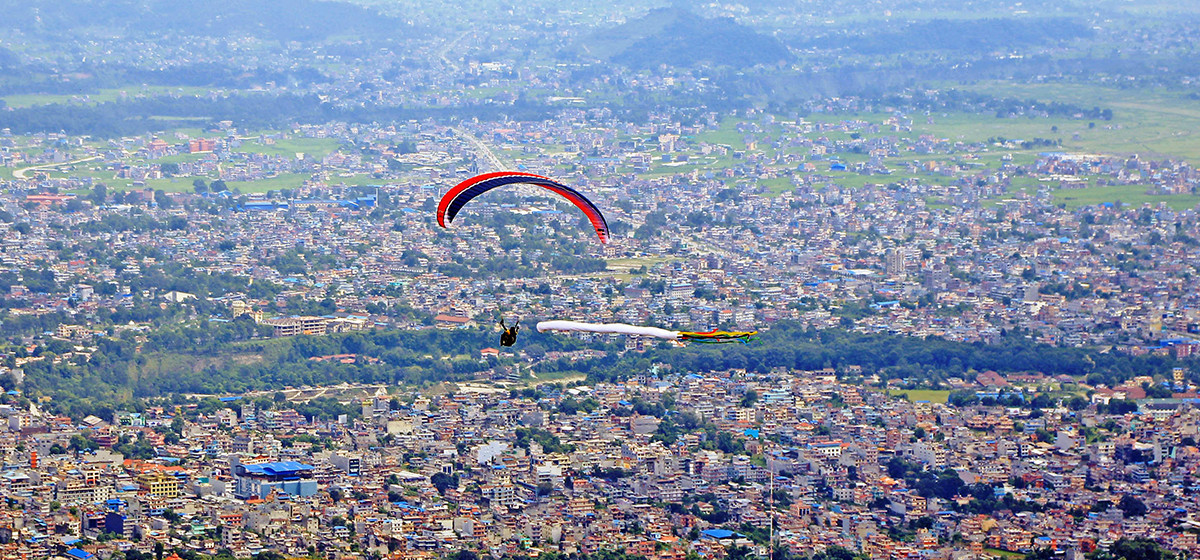
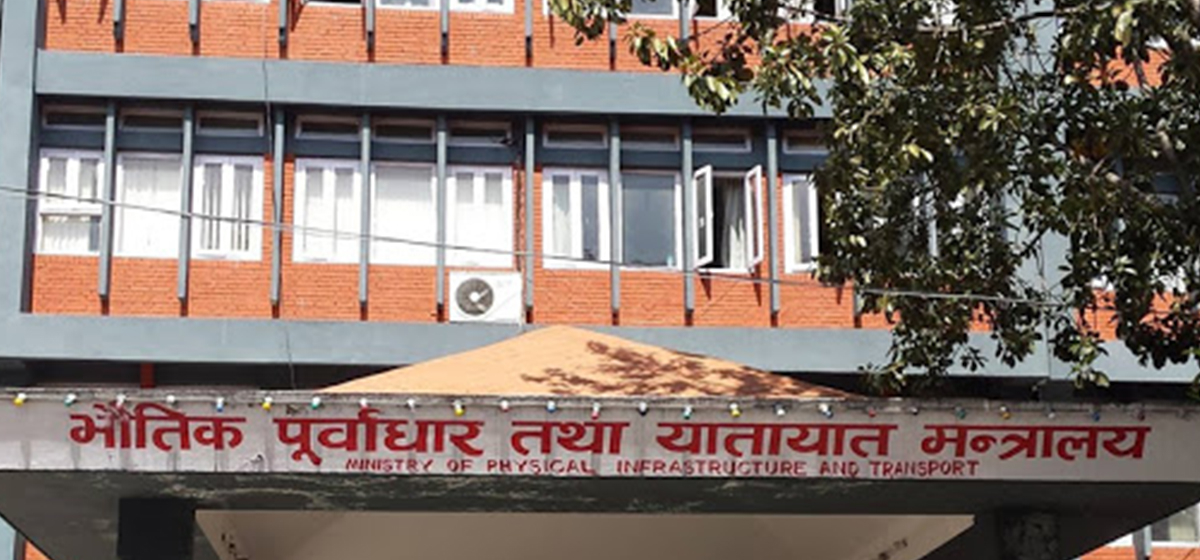




Leave A Comment